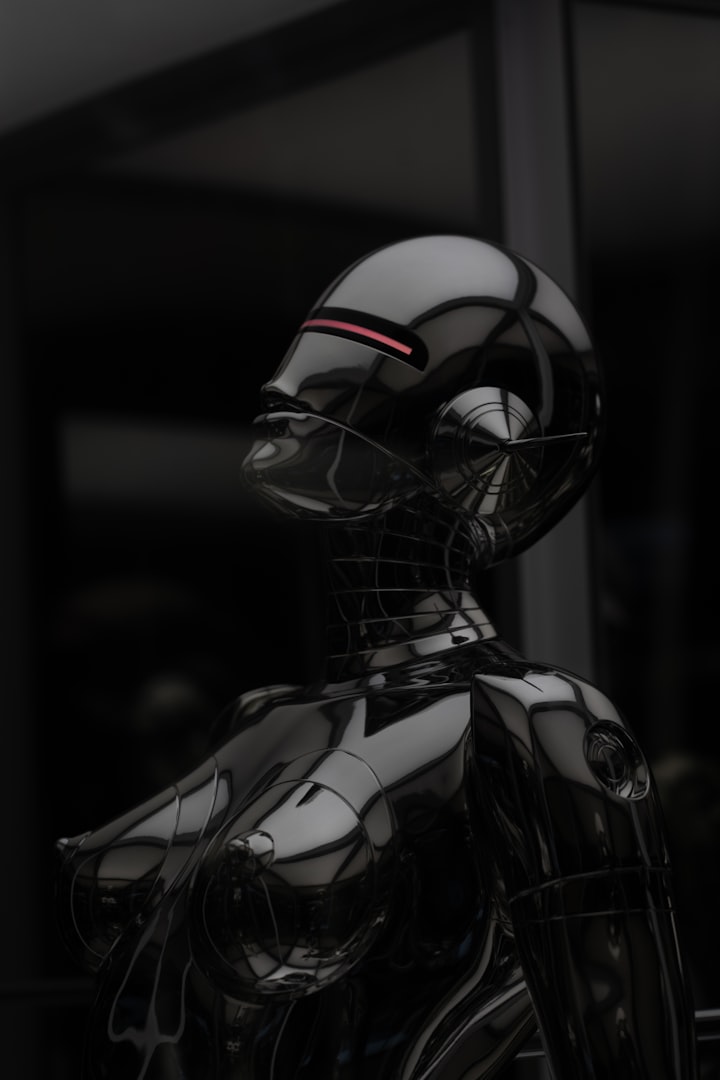Can AI-generated content be Copyrighted?
Yes or No?
In the realm of modern creativity, a significant transformation is being wrought by the rise of Artificial Intelligence (AI). AI’s capacity to generate diverse forms of content such as text, images, and music has brought forth remarkable opportunities. However, this innovation also presents a complex challenge to the domain of copyright law. As AI-generated content becomes increasingly prevalent, a fundamental question arises: Who possesses the rights to content produced by AI?
The Evolution of AI and Content Creation
The emergence of generative AI tools has ushered in an era where individuals with varying levels of expertise can generate content effortlessly. This democratization of creative expression brings with it a series of intricate concerns regarding the ownership and originality of AI-generated content.
Traditional copyright laws, formulated in an era devoid of AI, find themselves at a crossroads. Modern AI models have the ability to analyze substantial volumes of copyrighted material, discerning patterns and styles, and subsequently producing content that often appears novel.
This presents a pivotal dilemma — can content produced by a machine be deemed original, thereby warranting copyright protection?
Photo by Emily Morter on Unsplash
Uncertainties in AI and Copyright Law
Unveiling the Origin
A significant challenge arises in discerning the origin of AI-generated content. Users of AI tools frequently lack knowledge about the sources of data that contributed to the AI’s learning process, as well as the extent of originality inherent in the generated content.
Nizel Adams, CEO of Nizel Corporation, underscores this issue, highlighting the complexities inherent in distinguishing between inherently original AI content and content derived from copyrighted material.
Determining Copyright Eligibility in the AI Landscape
Determining the criteria for copyright eligibility in the context of AI-generated content proves to be a multifaceted undertaking. Existing guidelines from the U.S. Copyright Office stipulate the necessity of human authorship for copyright protection.
However, David Siegel from Grellas Shah LLP observes the ambiguity surrounding this requirement in the context of AI-generated content.
For instance, content produced solely through an AI prompt may not qualify for copyright protection. On the contrary, content that undergoes substantial human refinement post-generation might indeed be eligible for copyright.
Infringement Concerns and Legal Precedents
As AI continues to evolve, instances of copyright infringement pertaining to AI-generated content are increasingly prevalent. AI’s capability to produce content that bears striking similarity to existing copyrighted material presents a complex challenge.
In 2023, prominent platforms such as TikTok, Spotify, and YouTube removed an AI-generated song that closely resembled the voices of renowned artists.
However, complications arise when addressing content that exhibits nuanced resemblance. Demonstrating copyright infringement necessitates establishing access to the original content and substantiating substantial similarity, a task highlighted by attorney William Scott Goldman.
Numerous lawsuits have arisen, including a case involving GitHub, Microsoft, and OpenAI, which brings to the fore the potential misuse of copyrighted material in the realm of AI.
Getty Images’ lawsuit against Stability AI introduces a novel dimension, focusing on the training of AI models using copyrighted images, potentially undermining the necessity of licensing these images and adversely impacting original creators.
Photo by Xu Haiwei on Unsplash
Revamping Copyright Laws for the AI Era
The existing uncertainty surrounding AI and copyright law stems from the incongruity between traditional copyright paradigms and the advent of AI-driven content creation. Addressing this incongruity demands a reevaluation of existing copyright laws to encompass the profound implications of AI.
Siegel underscores the urgency of providing well-defined legal frameworks, particularly for startups reliant on the concept of ‘fair use’ to train AI models. To uphold the United States’ position as a frontrunner in AI innovation, establishing clear guidelines is paramount for startups to navigate the intricate terrain of potential copyright challenges.
Conclusion
The recent ruling by U.S. District Judge Beryl A. Howell underscores the intrinsic link between copyright law and human creativity. While AI’s intervention introduces complexity, the core essence of copyright remains steadfast in promoting and safeguarding human ingenuity.
In an evolving landscape where AI’s role in content creation is expanding, the challenge lies in recalibrating copyright laws to strike a harmonious balance between the potential of AI and the rights of human creators. As society navigates this uncharted territory, a fresh perspective on the concepts of originality, ownership, and creativity becomes imperative, signaling a paradigm shift in the dynamics of creative expression.
About the Creator
Pircalabu Stefan
I love writing about life and technology. Really passionate about all technological advances and Artificial Intelligence!







Comments
There are no comments for this story
Be the first to respond and start the conversation.